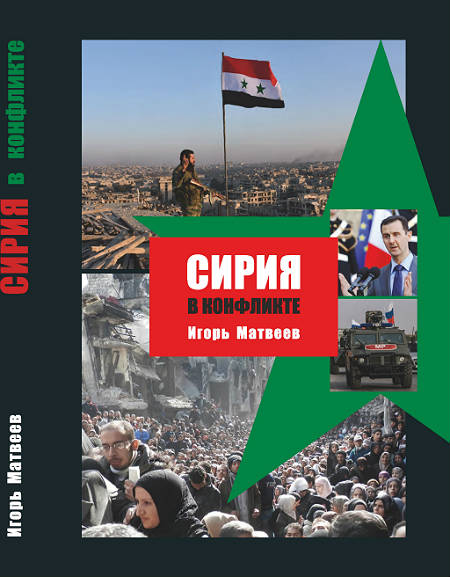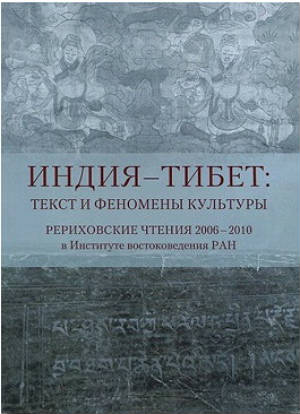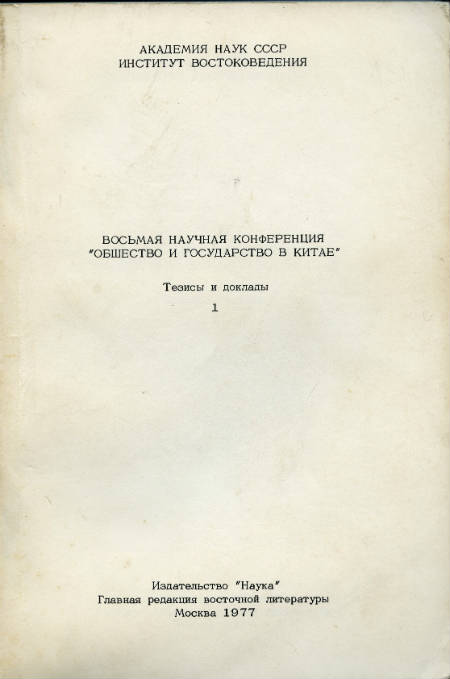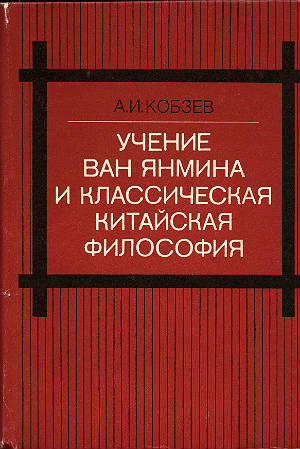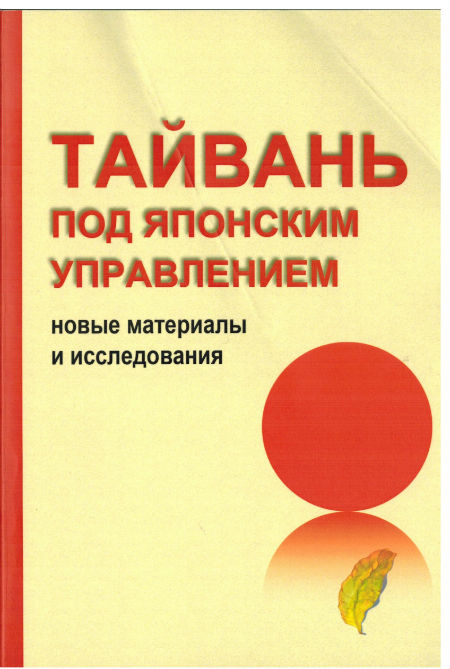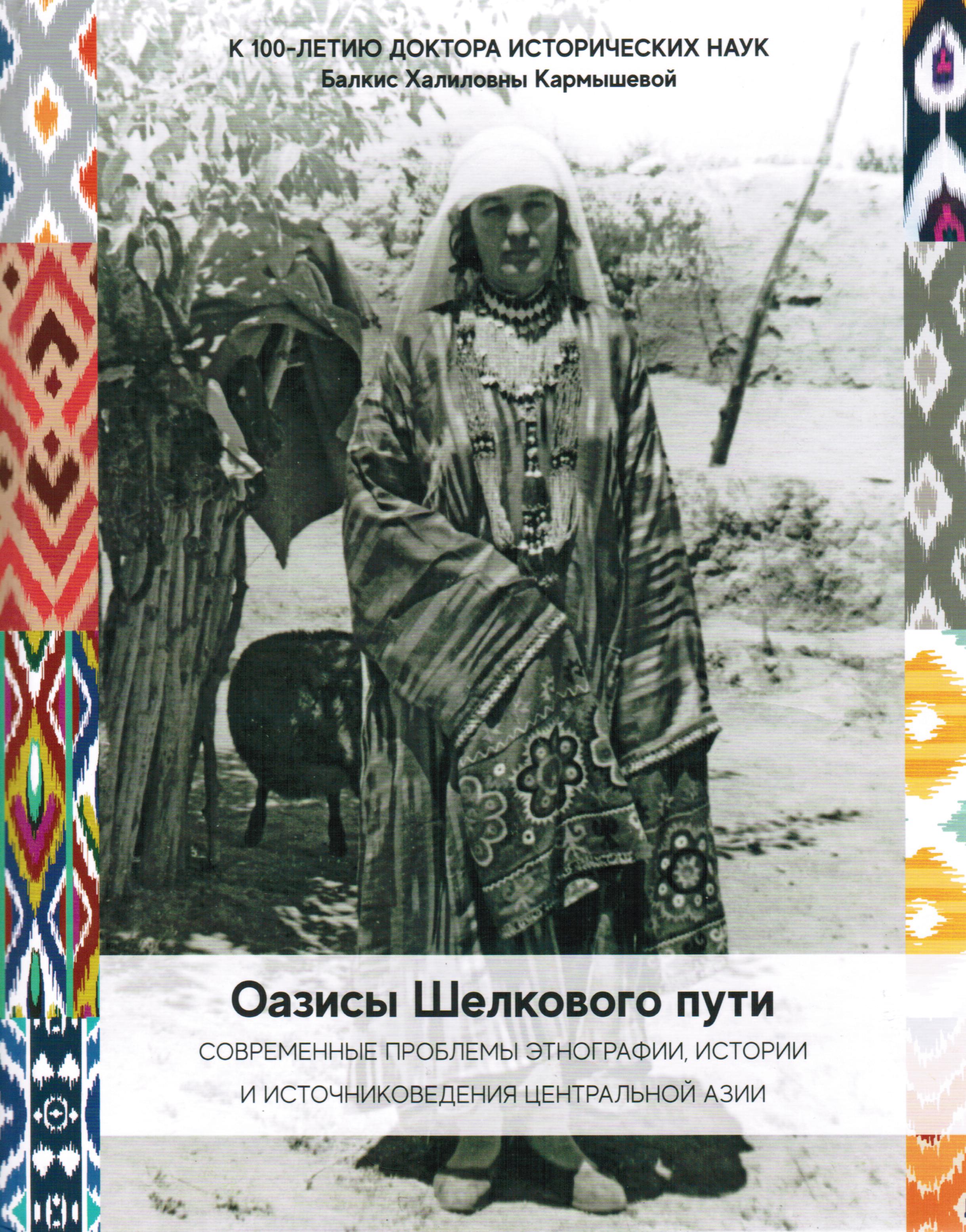Book
Russian and Israeli Outlooks on Current Developments in the Middle East. Conference Proceedings. Memorandum № 147. June 2015.
Editor: Karasova Tatiana, Magen Czvi
Тель-Авив, 2015, 89 p.
This volume is compiled on the basis of papers presented at the conference held in September 2014 between the Institute of Oriental Studies of the Russian Academy of Sciences and the Institute for National Security Studies at Tel Aviv University. The conference focused on two major problems related to cooperation between Russia and Israel. The first is the regional security situation in the Middle East and the interaction between Russia and Israel in this sphere. The second deals with the state and prospects of bilateral trade and economic relations. Under this, the Issue consists of two parts. Part 1. Middle East Challenges. Part 2. Russia-Israel Economic Relations. The Foreword is written by Udi Dekel, Managing Director of the Institute for National Security Studies, and Vitaly Naumkin, Director of the Institute of Oriental Studies of the Russian Academy of Sciences. Russia and Israel share common concerns about the tectonic shocks that rapidly destroyed the traditional Middle East order and its nation-state framework. Israel in particular is confronted with an array of both familiar threats and unprecedented challenges. Given the divergences, overlapping interests, and occasionally clashing interests in light of these challenges, it is essential that Israel and Russia establish a strategic dialogue and find a common language by identifying points of convergence in the political and security spheres. In the Middle East’s currently volatile and unstable environment, Israel, with its ongoing economic development and its strong military power in the region, remains the sole democratic and stable state in the region. From this vantage, Russian-Israeli cooperation, both in the political-security and the economic spheres, would benefit the two countries as well as in the region. Russia’s interests converge in fighting terrorism, and Israel’s experience in this field deserves full attention. In the sphere of bilateral trade and economic cooperation, despite the growing interest of both parties, no breakthrough has occurred until now, though certain progress and achievements can be cited. The state of the Russian and Israeli economies and the respective strategies of economic development and foreign economic ties are now undergoing dynamic changes. For instance, Israel may become a producer and even exporter of energy resources instead of being merely an importer. Russia, pressured by Western sanctions, seeks to implement ambitious plans of accelerated economic development. These and other factors will determine the framework of bilateral trade and economic relations and may possibly create new opportunities. The exchange of ideas allows identifying existing possibilities and factors for cooperation in the field of security and economic development. The discussions between researchers, experts, diplomats, military experts, and businessmen will help to understand each other better.
РУССКАЯ ВЕРСИЯ: Russian and Israeli Outlooks on Current Developments in the Middle East. Conference Proceedings. Memorandum № 147. June 2015

